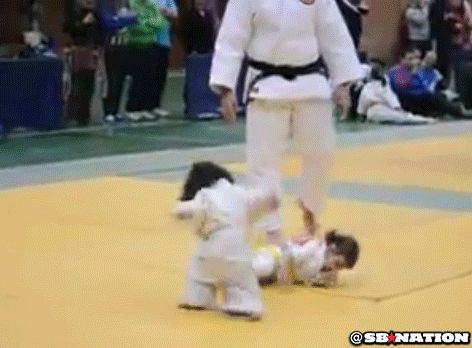Olympic Fever and the Importance of Role Models Who Lose

*originally published in Hebrew on the Parental Choreography blog on Haaretz.co.il.
This afternoon, collapsing in front of the air conditioning after a poorly-advised excursion to the park, my family and I watched Shira Rishony’s match against Daria Bilodid. I am not a big fan of Judo but one thing was clear from the match, both women were going for the medal at all costs. Judo, as it appears to me, is an intense, fast-paced and ruthless sport and winning or losing happens in seconds. And then, in nearly the last of those seconds, Shira Rishony lost. She lost not only the Bronze medal in Tokyo but, most likely, her chance at ever winning an Olympic medal. At thirty, Rishony is already at the upper edge of the age range for competitors and, in four years-time, she will have surpassed it.
The post-match interview was one I believe every parent should watch with their children.
With the Olympics just having begun, so much emphasis is placed on winning, the champions, the medals. We cheer on those who have a chance to win, we selectively forget those who didn’t fulfil their promise to secure a medal.
In real life, most of us will not be the gold medal winner. Those individuals, the first-placers, are the outliers amongst the masses. Even amongst Olympic competitors, most of those thrilling, outstanding, trained, virtuosic athletes will go home with intangible foils, stories not medals. Only a small few return to their country with a win.
Life is full of losing and, if we are lucky, some of us will lose like Shira Rishony.
Watching her accepting the realization that she lost, that she could have won but didn’t and that she would not have another chance at a medal was profound. There was nothing the interviewer could say to soothe her, no balm for that disappointment, no covering up the depth of years of training and hoping and waiting and then waiting some more because of Covid to be beat in a split second, a blink of an eye.
In life, be it in major moments like the Olympics or in small moments like school tests, college applications, job interview and beyond, we sometimes fail. We often fail even. And when we fail, a lot of times there isn’t anything we or anyone else can say that will make us feel better. There might not be another chance. The opportunity might be gone. And there is no path around that pain, only the hope to endure it.
Watching Shira Rishony in those moments, hearing her say that she knows she could have won and that she knows she brought herself to the matt and it still wasn’t enough, was to watch a true champion in a moment we don’t often highlight but probably should.
To play, to compete, to live is to risk losing and there is so much we can learn from loss, quite possibly more than we can learn from winning.
It was a painful moment for Rishony and we cried along with her. My hope is that, on my next loss, or my kids’, we will remember her grace and composure in that moment and embody it.
“That is how someone great loses,” I told my kids.
By Ori Lenkinski
